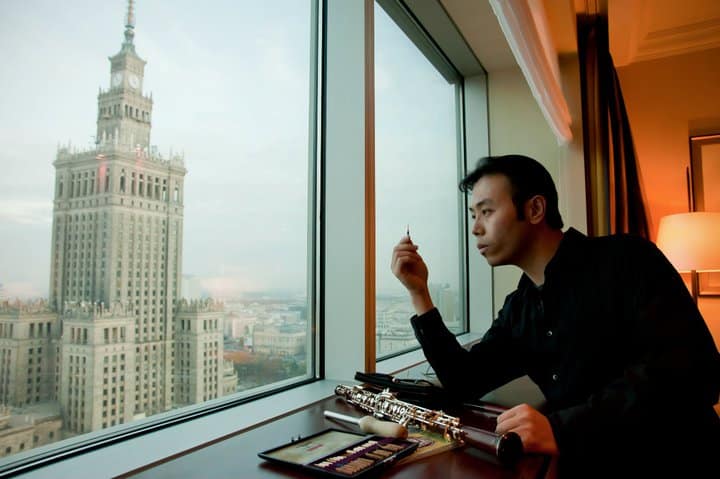Who’s making how much at the NY Phil
OrchestrasThe accounts are in for the fiscal year ending August 2023, and here are the top earners:
Music director Van Zweden (via Bajada Productions) … $1,525,711
Executive director Deborah Borda … $1,317,344 plus $400,000 bonus
Incoming CEO Gary Ginstling … $117,262 plus $55,000 bonus
Concertmaster Frank Huang … $361,713 plus $548,139 in bonuses
Principal oboe Liang Wang (pictured) … $253,524 plus $326,520
Principal clarinet Anthony McGill $394,715.
Notes to the accounts:
Van Zweden earned a huge parallel salary at the Hong Kong Philharmonic and was guest conducting energetically to secure another post.
Ginstling quit in the middle of his second year.
Wang was suspended amid sexual allegations.
Search slippedisc.com for more details.






Comments